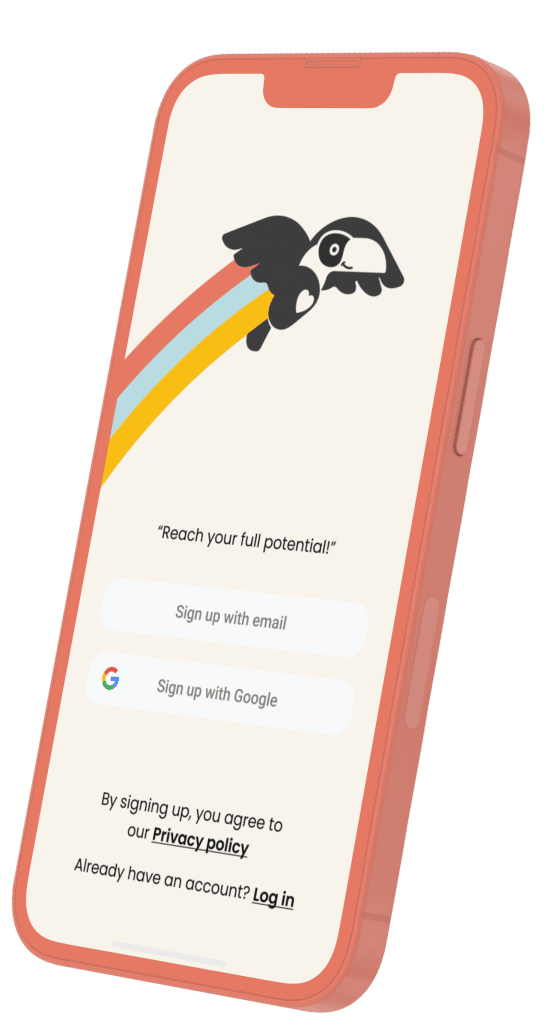Nowadays it seems like new startup hype is taking over industries and creating new ones, such as Fintech, SaaS or Ai & Machine Learning (ML). These exciting new companies also have many job openings, like the well-known Bitpanda, Tier, CoachHub or Speedinvest. But what are startups even and what is all the hype?
What is a startup?
A startup is a young company, created by entrepreneurs driven by the desire to build something innovative and meaningful. How does it feel to work in a startup? Like a rollercoaster, as Lisa-Marie, the founder of Female Founders said in our interview.
The term comes from the English verb “start-up”, which means to bring a project into existence and that’s exactly what it’s all about, creating a business from an idea. Obviously, for the idea to become an MVP and then an alpha or beta product, it takes a long way. Startups have to go through pitching their ideas to investors, issuing shares if financing rounds go successfully, pivoting in some cases, and exiting.
Startups are becoming more and more important as employers: the growth rate of startup jobs is 10%, just in Europe. How many startup jobs are there? In 2016, 1.5M employees worked in a startup company, in 2020 those are 2M and the forecast shows 3.2M startup jobs in 2025 (source dealroom.co).

If you wish for an employer like Perfood, where the CEO, Dominik truly puts the employees in the centre of its employer branding, you are in the right place!
Being part of a startup is much like a game, as the founder of Planetly, Anna would say. You might already know some of the differences between startups and corporates. For example, a startup is often portrayed as a more nurturing and fun environment than that of corporates, and the freedom to act and the amount of responsibilities are also higher. But do you also know, what are other startup-related specialties, like Employee Stock Option Pool, financing rounds, or different time-based and performance-based vesting schemes? If not, don’t worry! When in doubt, just visit our Startup Wiki page and browse through the startup-related terms so you can be fully prepared for your next startup journey.
What are the advantages of working in a startup?
- The decision-making is faster, and that’s why your ideas will be processed faster. You don’t have to be afraid to share what’s on your mind, all ideas are welcome and can even influence the product itself! Cool, right?
- Roles and responsibilities are flexible: are you working in marketing but interested in software development? Then you don’t necessarily have to stay in your department forever! You can be open and discuss your options with your supervisors!
- Learning by doing: trying and failing teaches you a lot and you get great opportunities to develop yourself. Since startups are generally smaller and more informal, you can easily learn new skills by helping a fellow colleague in another department or simply by learning online. Grab your chance!
- Generally more flexible working hours: sometimes you want to work from home, sometimes from the office? Do you have appointments or sports sessions regularly during the day? Until the job is done, usually you can decide when you do it (of course, there are also some boundaries, sometimes you do have to be in the office for easier communication)!
- Loose atmosphere, friendly relationships with colleagues and many opportunities to connect and network. Startups also have their own communities and many events that you can attend so you meet like-minded professionals!
Working in a startup fits for a lot of people, but it’s not for everyone: you need to prepare yourself that often there is a lack of structure, flat hierarchies and the responsibilities are not limited to your job title. Having adequate leadership skills & being a good team player is fundamental, not just for the company environment, but also for the success and growth of the startup. Many pieces of research, like Startup Anatomy, show that the third reason for startup failure is the wrong team: this is why professional HR and recruiting are important from day one!


